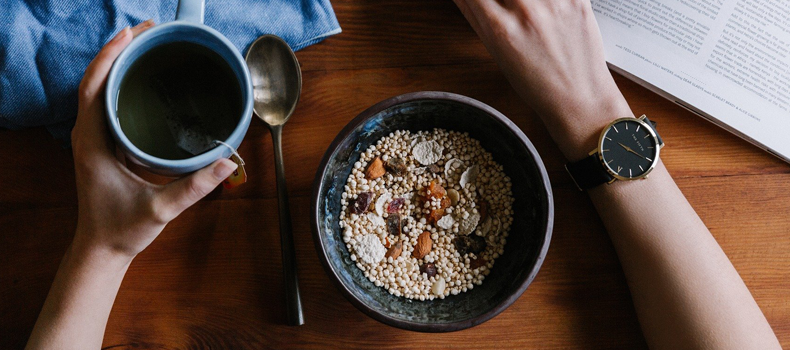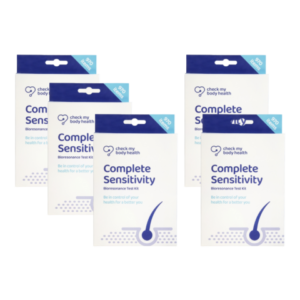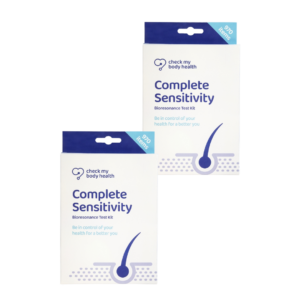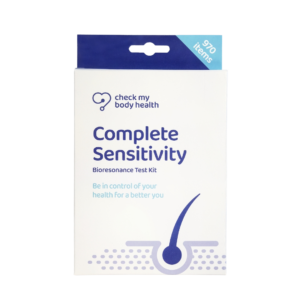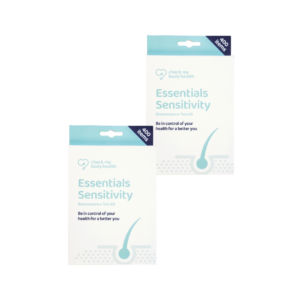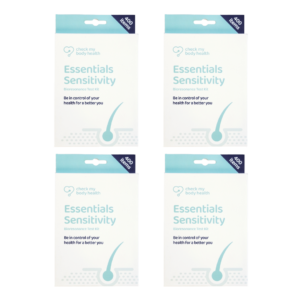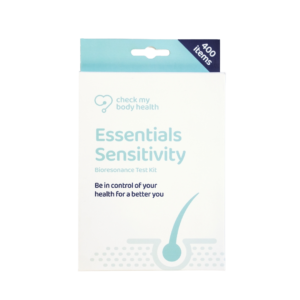Published Jan 12, 2021
The definition of clean eating is variable. Both the British Heart Foundation and the NHS in the UK concur on the subject, but unfortunately, like most dietary advice, some nutritional gurus have taken it to the extreme.
Around 10 years ago, if became somewhat of a ‘revolutionary’ diet, when in all honesty, at its ground roots, if boils down to ‘sensible eating’.
In these days where we all lead busy lives, ‘grab and go’ foods and ready-made meals have become the norm for some families. For people who live alone, it needs determination to cook from scratch for just one person. By taking a very short amount of extra time and very little effort, you can become a clean eater, very easily. It does not have to mean cutting out everything you enjoy (including some treats), it is about balance as the main criteria.
If you have illnesses such as diabetes, IBS, Auto-Immune Disease or allergies, then you do need to look deeper into what you eat more regularly, as certain foods can and will exacerbate your condition.
How do I know if I have a Food Intolerance?
A Food Intolerance Test will be the way to eliminate this possibility, as it is something that your medical practice cannot tell you about, without testing, whereas blood tests can certainly define conditions such as diabetes. Food Intolerance Tests such as these can define whether you have a wheat allergy, lactose intolerance and several other dietary problems. Whilst certain analysis can be done by blood tests, a more in-depth testing can highlight where problems may lie, including environmental sensitivity. Once you have an analysis, you can then make inroads into your clean eating programme.
What is the Basis of Clean Eating?
As the definition is not 100% clear, the basis for clean eating can be changing your existing diet which may be full of non-essential items for ease of speedy eating, to one that is much simpler and healthier. Making ‘swaps’ from a bag of carbohydrate-laden crisps, to some crunchy vegetables with a little seasoning and a dip. Eating ‘whole foods’ (fruit, veg, grains and pulses) as opposed to processed foods (ready meals, cakes, biscuits), will also make a difference.
Yes, we mention grains here, which of course if you are a coeliac or have a wheat intolerance, you must take notice of this. Testing is your answer if you do have symptoms after eating anything that contains wheat (bread, pasta, cereals etc). Likewise, if you frequently suffer from a ‘bad tummy’, try to work out what triggers this. You may need to keep a food diary for a month or so, to see if there is something that upsets you every time you consume it. Your medical practitioner or nutritionist will also give you this advice. This process is also known as the ‘Elimination Diet’.
So, back to basics. Clean eating emits the image of ‘everything else is bad for you, or dirty’. In the extreme, it purports to be an image of a wonderful world of perfection. Well, it is not, and if you are really suffering from gut problems, this can lead to other conditions such as anxiety, depression, guilt and the feeling that you are doing something wrong. Making subtle but healthy changes will reap rewards, but it will not be a short-term fix, it has to be worked at, and maintained.
Start with a ‘yes’ and ‘no’ list!
Just to reiterate, based on NHS and qualified nutritional advice:
- Base your meals on starchy carbohydrates
- Eat lots of fruit and veg (but easy on high sugar fruit)
- Eat more fish – including a portion of oily fish
- Cut down on saturated fat and sugar
- Eat less salt – no more than 6g a day for adults
- Get active and be a healthy weight
- Keep hydrated all day with plenty of water
- Do not skip breakfast – consume a healthy juice or shake, or something more wholesome such as porridge
- Bread – keep this to a minimum and use alternative grains if you love bread (try oats, rye or a sourdough bread).
What is not sound advice?
One of the subjects frequently promoted is completely cutting out certain groups of foods – such as dairy. You should not cut out all dairy products in one big hit – dairy is one of the best sources of calcium. Insufficient calcium can cause other problems within the bones and joints, such as osteoporosis. Only cut out dairy if it is of serious concern to your health. Otherwise, cut down on the amount and retain some of the nutritional benefits. The average adult needs around 1,000mls per day. The NHS reports a serious rise in the number of young adults with early onset of osteo-related problems.
At all times, it is important to remember that all bodies are different, and what works for one person, may not work for another. If you are concerned about your diet and any consequent effects on your health and nutrition, please do consult a medical practitioner.
Written by Bev Walton
Food Writer and Nutritionist, dietician
A chef of over 35 years with experience in all types of cuisine, dietary plans, recipe development, health and nutrition. I have been writing for over 10 years for both magazines, websites and ghostwriting for ebooks, Kindle and fully published books. I have a degree in nutrition and dietetics and work with restaurants and organisations within the healthcare profession. I am also able to take high quality photographs of recipes created. No writing task is too great, and whilst I specialise in the above, I am able to write about any topic you throw at me. Member of the Guild of food writers.

